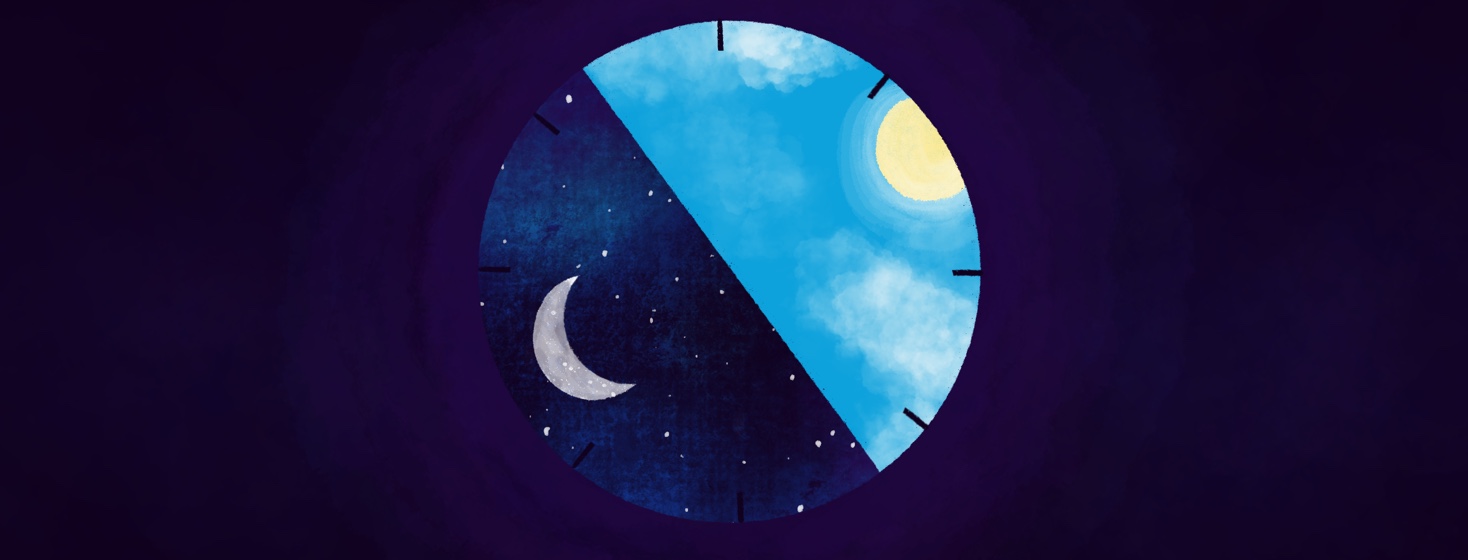A Sleep Hygiene Primer: Keep Healthy Habits
Are you living with a cancer diagnosis and struggling to sleep?
Of course! Who can sleep when they know they have cancer? The disease course can also disrupt sleep, as can its treatments. All of these influences may make sleep seem like an impossibility.
Fortunately, you can help yourself fight some obstacles to good sleep.
What’s sleep hygiene, and how can its practice help people with cancer?
But I have clean sheets!
Well, clean sheets are never a bad thing, so don’t discount them! But sleep hygiene actually refers to practices you can adopt to improve your chances of falling asleep, maintaining sleep, and achieving quality sleep.
Sleep hygiene describes controllable situations and behaviors related to sleep, such as your health habits, environmental factors, timing considerations, bedtime rituals, and lifestyle choices.
Let’s break down sleep hygiene to see how it can help people living with cancer.
Practicing good health habits
Exercise
If you don’t get regular exercise, you’ll feel it in your inability to sleep. Circadian rhythms are best supported by periods of daytime physical activity. It doesn’t need to be intense; even a simple morning walk outside for 20 minutes works. Truly, morning exercise is associated with better sleep, regardless of your health status.
Napping
Naps are great for combating fatigue. For people with cancer, planned naps can even be prescribed. But you can have too much of a good thing. Too many naps, or lengthy naps, may actually interfere with something known as sleep drive.
Sleep drive, like hunger drive, builds following your last period of sleep. The longer the stretch between sleep periods, the greater the sleep drive.
If you nap several times a day, this might explain why you can’t fall asleep at night: you’re simply not tired because you haven’t built up your sleep drive.
Make smart napping your goal. Restorative “cat naps” of 10 to 30 minutes, in the late morning or early afternoon, won’t disrupt circadian rhythms, which rely on a healthy sleep drive to send you off to sleep at night.
Eating
Eating a fat-laden, high-calorie evening meal can lead to indigestion and other stomach problems, which can interfere with sleep. Also problematic? High-sugar desserts.
While midnight snacking may bring comfort, it can disrupt nighttime digestive system and liver functions, leading to sleep disruption.
Conversely, skipping an evening meal can disrupt circadian rhythms and make it difficult to maintain sleep, as you might awaken from hunger signals. If you’re not hungry at dinnertime, try noshing on something small to at least quell hunger pangs.
Substance use
Food isn’t the only thing we consume late in the day. Caffeine, alcohol, nicotine, and cannabis products can help us during the day but may present problems when we turn in at night.
Caffeine
This well-known stimulant is found in many products (coffee, tea, chocolate, cocoa, caffeinated sodas, energy drinks, caffeinated foods). To avoid its insomnia-inducing impact, put five hours between its consumption and bedtime.
Alcohol
You may be surprised to learn that alcohol at bedtime—the infamous “nightcap” -- can disrupt sleep. Though a glass of wine may induce asleep, the body undergoes withdrawal a couple of hours following its metabolism. This disruption denies the brain and body the deep sleep necessary for withstanding the rigors of cancer treatment. Bedtime alcohol also leads to nocturia, the disruptive problem of getting out of bed multiple times to use the bathroom.
Nicotine
All of its forms (cigarettes, vapor, chewing tobacco) have a dual effect on the brain, both stimulating and depressing certain areas. This can cause problems falling and staying asleep. Nicotine use also leads to respiratory problems linked to sleep disorders, such as asthma, chronic obstructive pulmonary disease, and pulmonary hypertension. It’s advised that smokers have their last smoke or chew at least 30 minutes before bedtime to avoid sleep problems.
Cannabis
These products remain a therapeutic wildcard. For some, cannabis can assist with asleep or cancer-related pain management. Outcomes may depend upon the way they’re applied (tinctures, inhalation, edibles, topicals).
Research lags when it comes to conclusive evidence on the benefits of using cannabis as a sleep aid. What we do know: cannabis impacts sleep like both nicotine and alcohol. You’re best advised to discuss cannabis use with your oncologist to identify its best uses for pain management and sleep.
What about sleep aids?
These have challenges, also. Many prescription sleeping pills have unwanted side effects, which explains why they’re only intended for occasional use. Some people facing cancer treatments that disrupt sleep may need nightly support for much longer (several weeks). Discuss using any sleep aids with your oncologist.
Note: Melatonin can be useful due to its circadian support; consult your doctor to determine the best timing and dosage.

Join the conversation